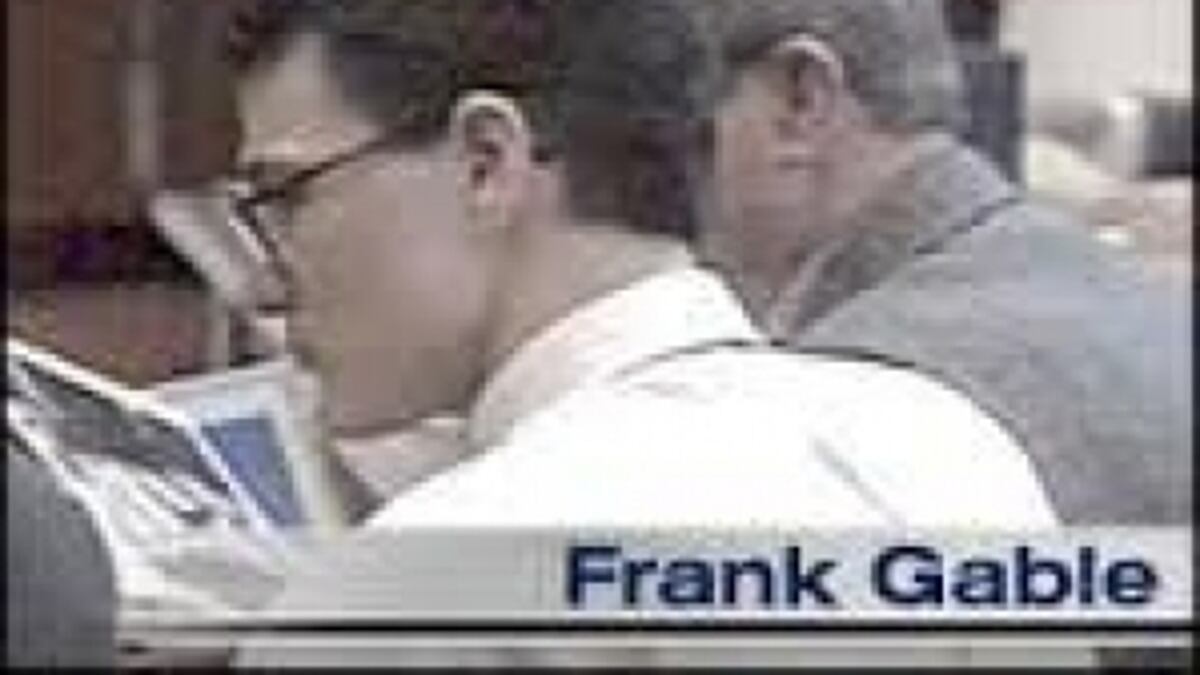The Oregon Department of Justice has decided to appeal a ruling by federal Magistrate Judge John Acosta that would have made Frank Gable a free man.
Gable was convicted of the 1989 murder of then-Oregon Department of Corrections Director Michael Francke, despite the absence of a murder weapon.
During the process of a federal habeas corpus appeal by the U.S. federal public defender's office that began in 2007, investigators re-interviewed half a dozen witnesses who testified against Gable and they all recanted. In addition, Acosta declared in his ruling that the state of Oregon erred by not allowing testimony about the confession of a man named Johnny Crouse, who claimed he killed Francke.
In his April 18 ruling, Acosta minced no words in expressing his concern that Gable should no longer be behind bars.
"Upon careful review of the voluminous record in this case and considering all of the evidence, both old and new and with due regard for its reliability,t he court concludes that Gable has made a colorable showing of actual innocence sufficient to overcome his procedural default," Acosta concluded. "Although the evidence presented at trial in 1991 resulted in a guilty verdict, the court concludes that it is more likely than not that no reasonable juror would find Gable guilty in light of the totality of all of the evidence uncovered since that time, particularly the newly presented evidence of witness recantations."
Acosta gave the Oregon Department of Justice, which defends the state's prosecutions on appeal, 90 days to file a response to his decision. Francke's brothers, Patrick and Kevin, who had long expressed disbelief about Gable's guilt, both said they hoped that the state would not challenge Acosta's ruling.
But today, Deputy Attorney General Fred Boss filed a motion to stay Acosta's ruling and filed notice of DOJ's intention to appeal. Attorney General Ellen Rosenblum is prohibited from participating in this case, because she once served on the Oregon Court of Appeals. (Disclosure: Rosenblum is married to Richard Meeker, the co-owner of WW's parent company).
Among other arguments, the DOJ contends that Johnny Crouse's confession was not credible.
"Crouse appears to have had a penchant for telling 'stories,'" the appeal says, "regardless of whether they were inculpatory or exculpatory, and he gave several differing accounts of his own involvement in Francke's death, some of which bordered on the absurd. As demonstrated above, the 'other evidence' available—including the knife that Crouse provided to investigators—did not corroborate his varying accounts."
The DOJ argues that many of the witnesses recanted under circumstances that raise doubts, including at least one monetary payment.
The appeal also argues that Gable's prior criminal history—he was a meth dealer and an armed robber—makes him a danger to the community and a flight risk. It asks that if Gable is freed, he remain under close supervision before a retrial.
